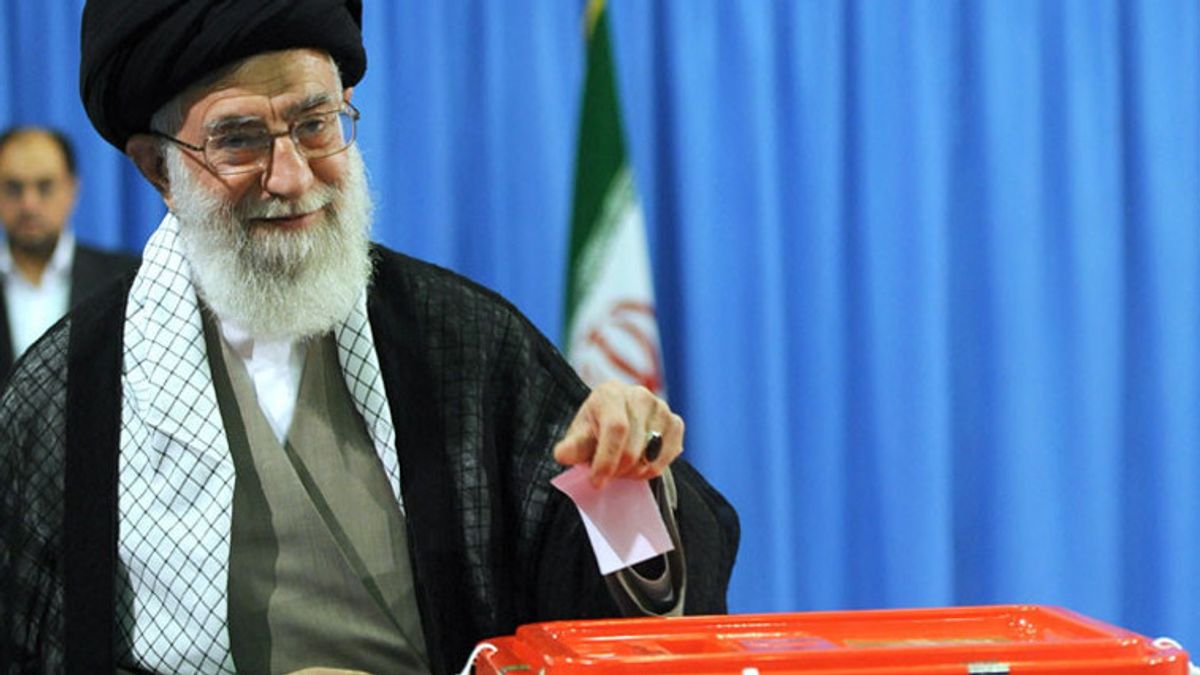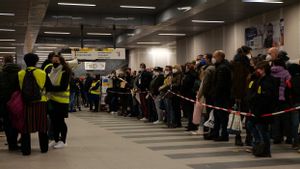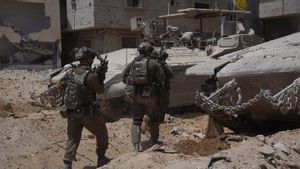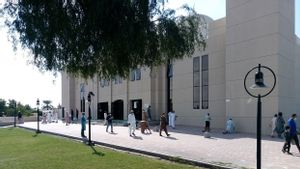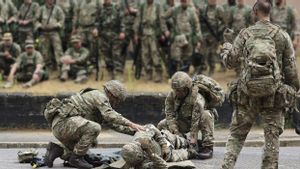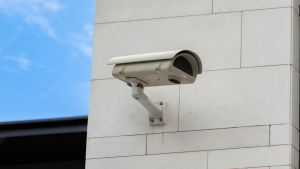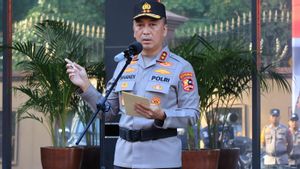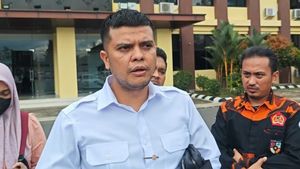JAKARTA - Iran held a presidential election today, to find a replacement for the late Ebrahim Raisi who died in a helicopter crash last month.
The polling station opened at 08.00 local time (11:30 WIB) closed at 18.00 (21:30), but was usually extended until midnight.
Since the vote count is done manually, the final result is expected to be announced in just two days although the starting figure may come out sooner.
This election will be followed by four candidates, after two other candidates resigned. Previously, the Iranian Board of Trustees approved six candidates earlier this month, namely Mohammad Baqer Qalibah, chairman of Iran's hardline parliament and former commander of the Revolutionary Guard. There is also Saeed Jalili, a conservative, who is a former head of nuclear negotiator and has served as head of Iran's Supreme Leader Ayatollah Ali Khamenei's office for four years. As well as conservative mayor Tehran Alireza Zakani according to state TV.
Next, there is Massoud Pezeshkian, a reformist member of parliament. There is also Mostafa Pourmohammadi, a hardline and former interior minister, and Amir-Hossein Ghazadeh Hasemi, a conservative politician.
The day before the election, Alireza and Amir-Hossein resigned for no apparent reason. This leaves Mostafa Pourmohammadi (64), Massoud Pezeshkian (69), Saeed Jalili (58) and Mohammad Bagher Ghalibah (62), as reported by Middle East Monitor.
"My dear brothers, Jalili and Qalibaf, I want them to unite and not let the demands of revolutionary forces go unanswered," Zakani wrote on social media X, calling on the two most prominent hardline figures to unite.
The four candidates have pledged to revive the sluggish economy, which has been hit by mismanagement, state corruption, and sanctions re-imposed since 2018 after the US canceled Tehran's 2015 nuclear pact with six world-owned countries.
If no candidate wins at least 50 percent plus one vote out of all the ballots provided including blank votes, the second round between the top two candidates will be held on Friday first after the election results are announced.
While the election is unlikely to bring major changes to the policies of the Islamic Republic, the results could affect the succession of Ayatollah Ali Khamenei, Iran's 85-year-old supreme leader, who ruled for three and a half decades.
SEE ALSO:
Khamenei has called for the number of "maximum" voters to offset the legitimacy crisis sparked by public dissatisfaction with economic difficulties and restrictions on political and social freedom.
Criticism of Iranian clerics said low and declining voters in recent elections showed system legitimacy had eroded. Only 48 percent of voters participated in the 2021 elections brought Raisi to power, and voters hit 41 percent low in parliamentary elections three months ago.
The next president is not expected to produce any major policy changes related to Iran's nuclear program or support for militia groups across the Middle East, as Khamenei is in full control of the country's important issues. However, the president runs a daily government and can affect Iran's domestic and foreign policy tones.
The English, Chinese, Japanese, Arabic, and French versions are automatically generated by the AI. So there may still be inaccuracies in translating, please always see Indonesian as our main language. (system supported by DigitalSiber.id)
